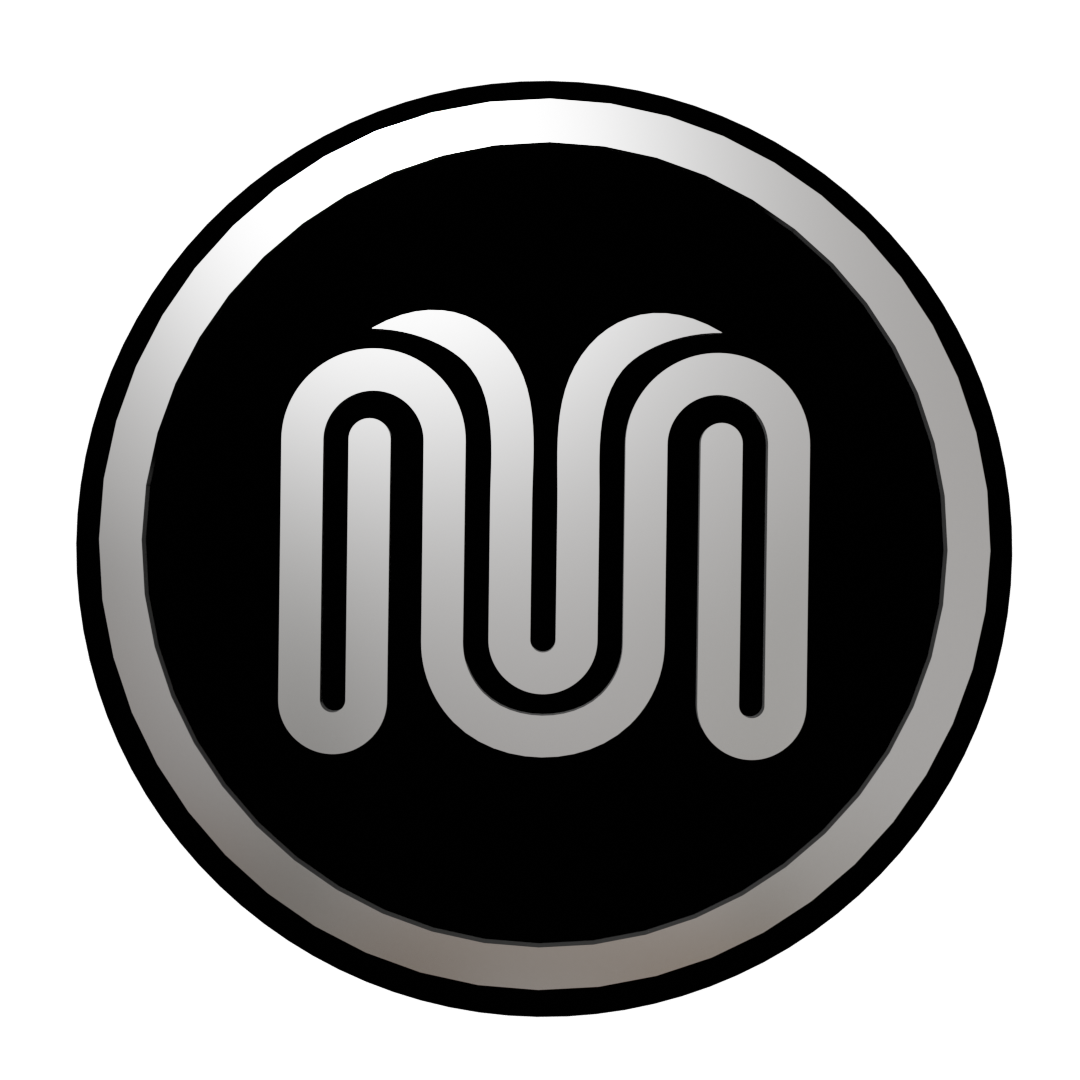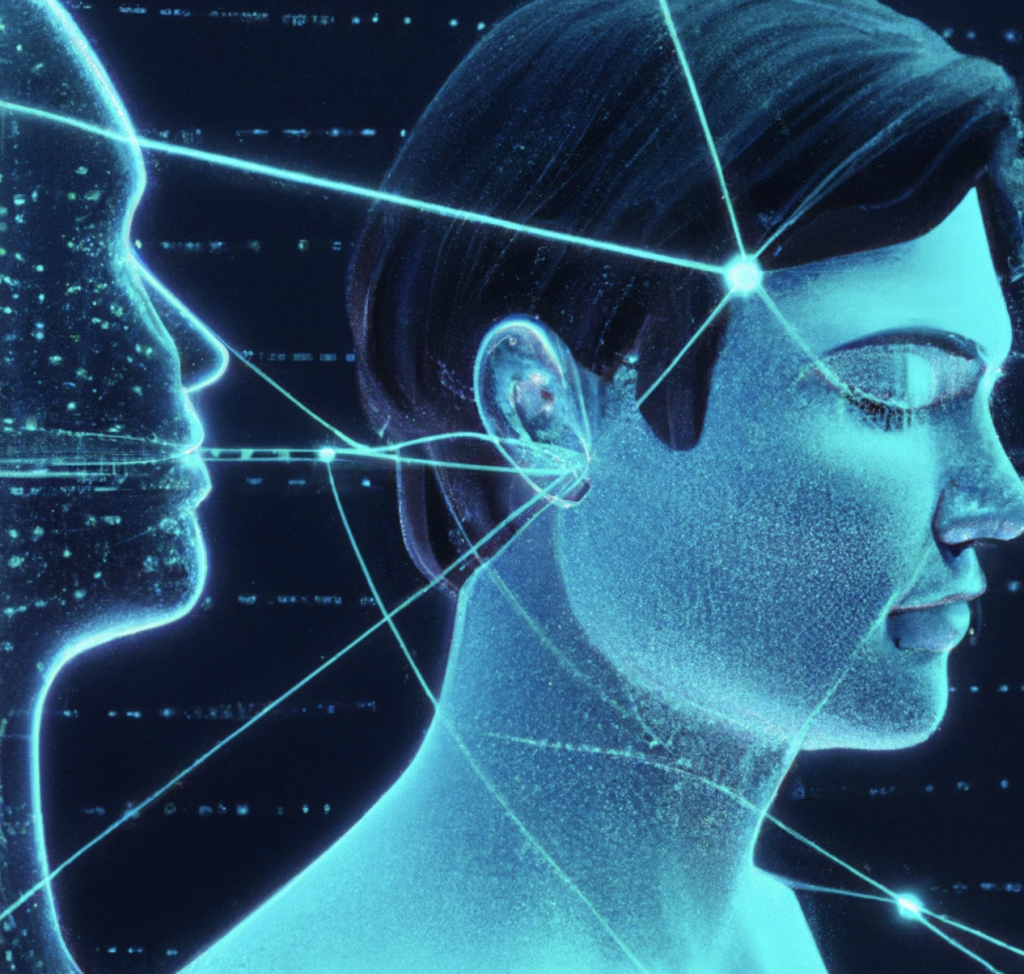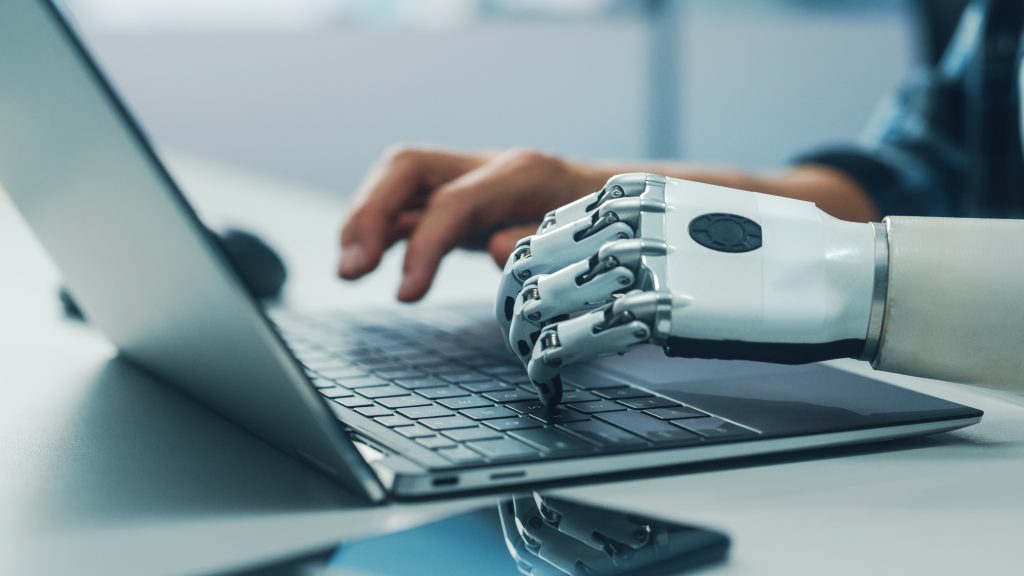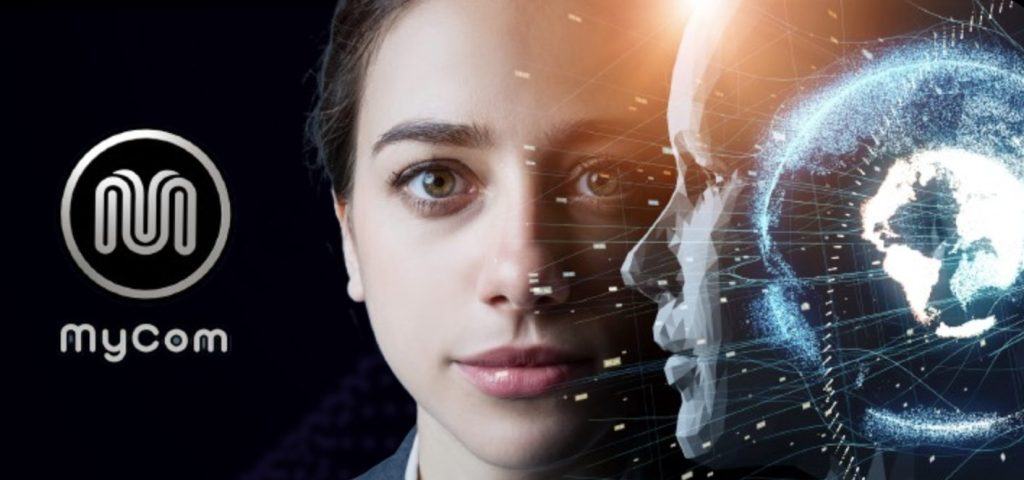Popular artificial intelligence services like ChatGPT and DALL-E are generating millions of pieces of content each day as professionals use them regularly to help them accomplish their jobs. The potential for AI tools to change how we create and work is so big that Microsoft invested $10 billion in ChatGPT’s parent company OpenAI and has already integrated it into Bing, their search engine. DALL-E is now so popular that their servers are frequently overloaded as millions of requests pour in.
The impact of AI tools on recruitment is growing and shouldn’t be discounted. AI will impact every single industry, company, department, and job moving forward. Nearly one-third of U.S. white-collar workers have already used or integrated tools like ChatGPT and DALL-E into their everyday work.
ChatGPT is a language model developed by OpenAI that uses advanced artificial intelligence and machine learning techniques to generate human-like text. It was trained on a huge text data set, allowing it to understand and respond to a wide range of questions and prompts. ChatGPT matters because it represents a major step forward in the development of AI and machine learning technology. Its ability to generate human-like text with remarkable accuracy and consistency has multiple implications for HR and recruiting.
By using ChatGPT, recruiters can improve efficacy while reducing costs. According to a study conducted by Deloitte, companies that use AI-powered systems, including ChatGPT and DALL-E, can see an improvement in employee productivity by up to 40%. ChatGPT’s ability to provide instant support and information can help recruiters complete tasks more efficiently, freeing up time for more strategic and value-adding activities. ChatGPT can help recruitment departments save money by automating repetitive and time-consuming tasks, such as answering common questions from prospective employees. A study by Accenture estimates that organizations could save up to 60% on operational costs by using AI-powered systems like ChatGPT and DALL-E.
MyCom leverages multiple AI systems to develop, optimize, and scale social media-based campaigns more by decreasing the time needed to create, optimize and scale successful ads.
Here are some HR-specific applications of AI that you can implement:
- Recruitment and talent Acquisition: A study by HBR found that organizations that use AI in the recruitment process see an improvement in candidate quality by up to 20%. In addition, ChatGPT can be used to quickly conduct initial interviews using specific questions to evaluate candidate responses, both of which save recruiters hours of time.
- Data Analysis: AI systems can help recruiters and sales teams with data analysis, systems integration and reporting. This allows businesses to not only have access to the right information but be able to rapidly organize it and interpret it to make better decisions.
- Employee retention: AI can be used to analyze employee sentiment and provide insights into potential issues that they have that could lead to higher turnover. By using this data, combined with tools that increase emotional intelligence like Align, companies can tweak their employee experience to increase retention and productivity.
- Employee engagement and feedback: HR can use AI combined with emotional intelligence tools like Align to collect and analyze employee feedback on a variety of topics, such as company culture, management, and work-life balance. Align can also assist with employee engagement by providing information and resources to help employees feel more connected to their work and the company.
AI tools can provide HR departments with an efficient and cost-effective way to support and engage employees in an aligned and uniform way. Its ability to provide personalized support and information in real-time can help HR better meet the needs of their workforce and improve overall organizational performance.
With that being said, there are several reasons caveats to deployment of AI systems within the workplace including:
- Accuracy and reliability: While AI systems are designed to provide accurate and reliable information, they are not infallible. HR departments need to critically evaluate the content and information provided by AI systems to ensure that it aligns with the company’s core values and messaging goals. AI systems are a tool to be leveraged rather than a replacement for humans.
- Employee acceptance and trust: The use of AI systems may raise concerns and questions among employees, who may be wary of interacting with an AI-powered system. HR departments need to ensure that employees understand the benefits and limitations of these tools and are comfortable with their use in the workplace.
AI will transform the HR function in organizations by automating repetitive tasks, improving the employee experience, and enhancing HR departments’ ability to engage with and retain employees. HR departments that embrace this technology will be well-positioned to support their organizations in a rapidly changing business environment.




